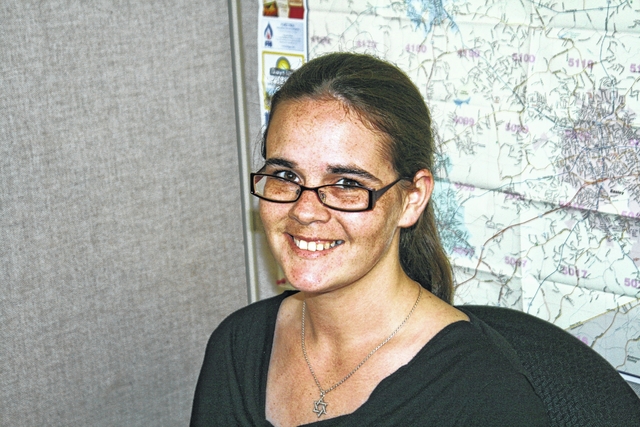Over the weekend a man who is dear to my heart turned 80-years-old. I say “turned 80” instead of “celebrated his 80th birthday” for a reason: he didn’t know it was his birthday.
His wife of 58 years prepared his favorite meal and he was surrounded by friends and family, but to him, as he blew out the candles on his cake, everyone at the party was a stranger.
Alzheimer’s is a cruel disease.
He was born and raised in upstate New York and was a career military man who served in the Marines and then the Air Force before retiring after 20 years of service. He and his wife raised four daughters, had 11 grandchildren and 10 great-grandchildren. He used to be able to name them all before being robbed of his memories.
There are good days and bad. On a good day, he’ll smile at his wife and although he doesn’t know who she is, he’ll sense that she’s supposed to be someone important to him. On a bad day, he’ll pack his bags and order his wife to be take him back to his family — while surrounded by the very people he’s demanding to see.
His wife knows that she won’t be able to keep him at home much longer, that soon he will have to be placed in a facility better equipped to care for his needs. She’s already had to place alarms on the doors to alert her to his nighttime wanderings.
“Silver alerts” have been issued twice. It’s been hard, but she is finally coming to accept that it’s not just the past he’s losing. Eventually he’ll forget how to swallow. He’ll forget how to breathe.
His four daughters each deal with the disease in their own way: acceptance, anger, denial and avoidance, respectively.
“At least you still have your dad,” someone said to his eldest. Sadly, she answered: “But I don’t, not really. My dad’s already gone. That’s not him anymore.”
Alzheimer’s is sometimes referred to as “The long goodbye,” a sentiment that rings true for those who have had someone they love affected.
It’s a disease that is unique in that it’s arguably harder on the loved ones than it is on the patient themselves. For while the memories continue to slip away, they don’t know what it is they’ve lost. Ignorance is bliss — until it’s not.
Sometimes the sensation of having lost something, without being able to remember what it was, can bring on fits of anger and fuel feelings of paranoia, most of which is directed at those closest.
When first diagnosed, he swore he would take his own life before the disease advanced too far. Terrified, his wife hid all their guns. It was a vow that, for better or worse, has long since been forgotten.
If you grouped everyone diagnosed with Alzheimer’s in America in this moment, it would be roughly the same as the population of Atlanta. Over 5 million Americans currently suffer with this disease.
Alzheimer’s does not differentiate between gender, creed, ethnicity or socio-economic status. It is the third most prevalent natural cause of death in senior citizens, coming in just behind cancer and heart disease and there is no cure. Yet.
Funding research for Alzheimer’s treatment is absolutely critical. Not one more memory, loved one, or life should be lost to this terrible disease.


